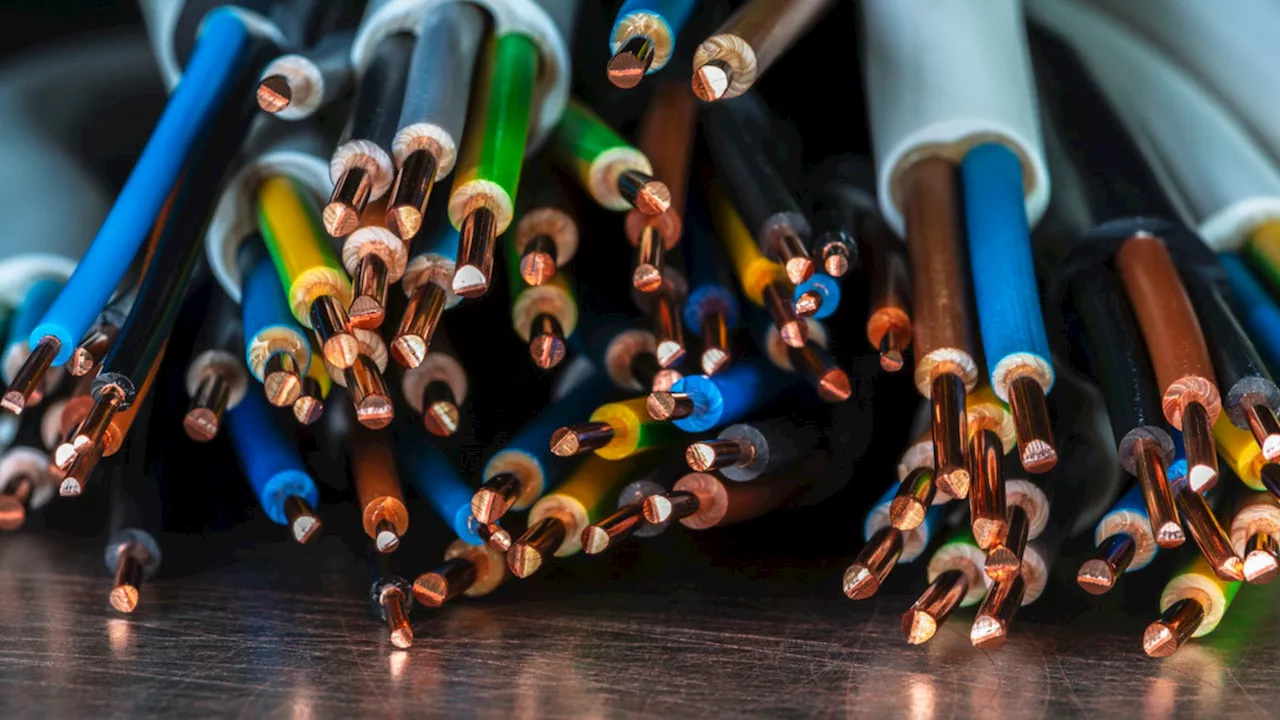MIT engineers have developed a fast and sustainable method for producing hydrogen fuel using aluminum, saltwater, and coffee grounds.
In a groundbreaking discovery, the Massachusetts Institute of Technology suggests that old soda cans and seawater could be the key to revolutionizing fuel production and creating a sustainable source of clean energy.
The aluminum is pretreated with a rare-metal alloy that effectively scrubs aluminum into a pure form that can react with seawater to generate hydrogen. In a sustainable cycle, the salt ions in the seawater can attract and recover the alloy, which can be reused to generate more hydrogen. In the end, the team discovered that a low concentration of imidazole — an active ingredient in caffeine — is enough to significantly speed up the reaction, producing the same amount of hydrogen in just five minutes, compared to two hours without the added stimulant.The researchers are developing a small reactor that could run on a marine vessel or underwater vehicle.
“We also don’t have to carry a tank of hydrogen. Instead, we would transport aluminum as the ‘fuel,’ and just add water to produce the hydrogen that we need.”Hydrogen gas is seen as a “green” energy source that could power engines and fuel cells without generating climate-warming emissions.
Environment Inventions And Machines Sustainability
United States Latest News, United States Headlines
Similar News:You can also read news stories similar to this one that we have collected from other news sources.
 MIT’s new phone tech blocks interference, boasts 4x noise-free callsMIT researchers also state that the interference-blocking components can be switched on and off as needed to conserve energy.
MIT’s new phone tech blocks interference, boasts 4x noise-free callsMIT researchers also state that the interference-blocking components can be switched on and off as needed to conserve energy.
Read more »
 MIT Physicists Forge a Five-Lane Quantum Superhighway for ElectronsScience, Space and Technology News 2024
MIT Physicists Forge a Five-Lane Quantum Superhighway for ElectronsScience, Space and Technology News 2024
Read more »
 MIT’s Diamond Qubits Redefine the Future of Quantum ComputingScience, Space and Technology News 2024
MIT’s Diamond Qubits Redefine the Future of Quantum ComputingScience, Space and Technology News 2024
Read more »
 MIT spinoff’s superconducting cables promise 10x power, reduced footprintMIT spinoff's new technology promises to boost power transmission capacity by 10x using superconducting cables and advanced cooling systems.
MIT spinoff’s superconducting cables promise 10x power, reduced footprintMIT spinoff's new technology promises to boost power transmission capacity by 10x using superconducting cables and advanced cooling systems.
Read more »
 Tiny Titan: MIT’s Revolutionary Coin-Sized 3D Printer Fits in Your PocketScience, Space and Technology News 2024
Tiny Titan: MIT’s Revolutionary Coin-Sized 3D Printer Fits in Your PocketScience, Space and Technology News 2024
Read more »
 MIT Uncovers Surprising Wave Activity on Titan, Saturn’s Largest MoonScience, Space and Technology News 2024
MIT Uncovers Surprising Wave Activity on Titan, Saturn’s Largest MoonScience, Space and Technology News 2024
Read more »
